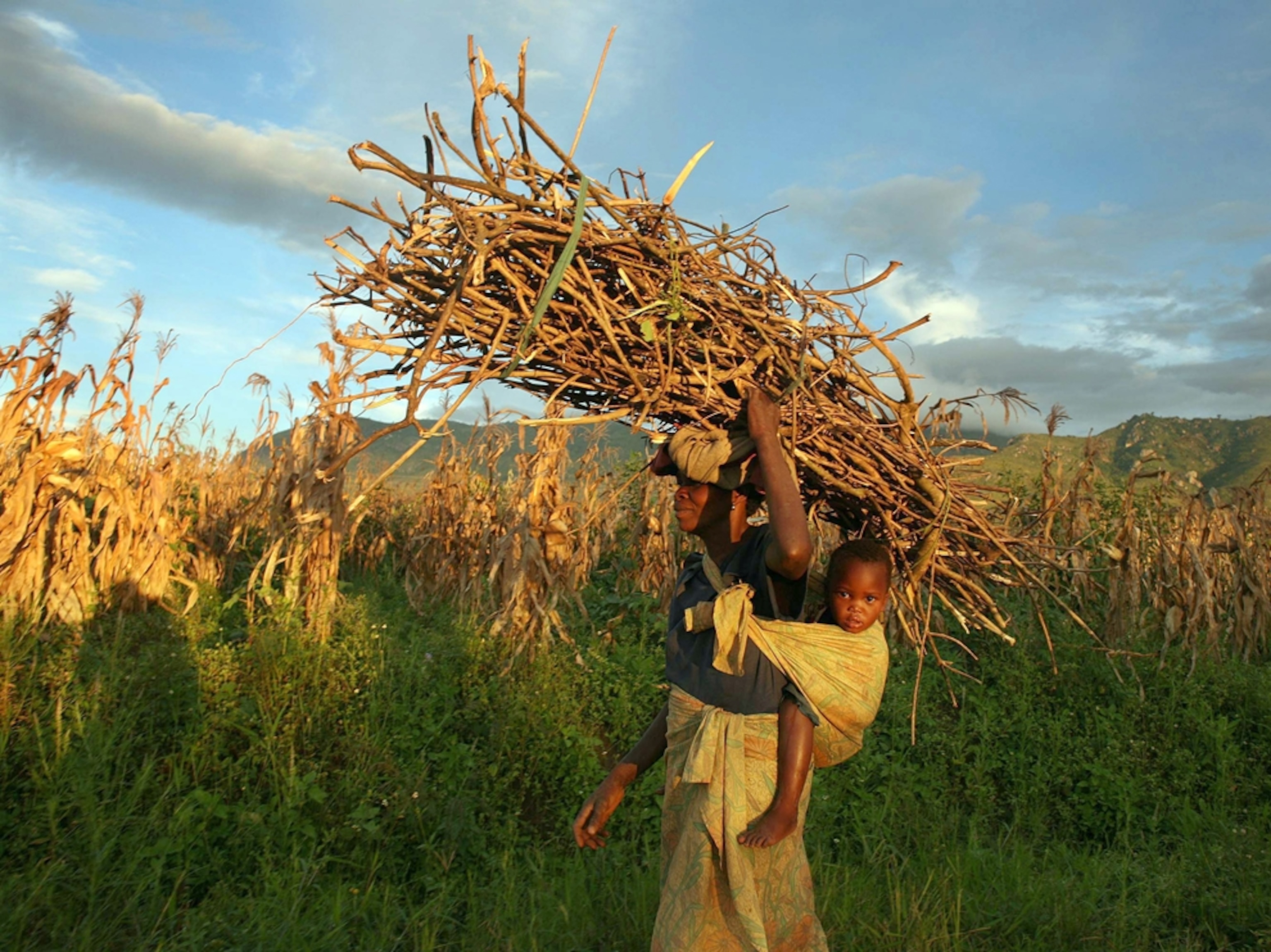
The Lower River
Trip Lit: May 2012
In this new novel, America’s best-known travel writer, Paul Theroux—author of 15 non-fiction books, including the seminal The Great Railway Bazaar, and 29 works of fiction—returns to familiar territory, a fictionalized version of the African village where he lived as a Peace Corps volunteer after graduation from college in 1963.
The novel’s protagonist is 62-year-old Massachusetts clothier Ellis Hock. After his marriage dissolves, Hock decides to leave Medford (the same town where Theroux grew up) and return to the place where he was happiest, the remote village of Malabo in the nation of Malawi, where he lived for four years in his early 20s as a Peace Corps volunteer.
Theroux depicts Africa with an extraordinary sensual vigor, as in this passage describing Hock’s return: “You could not see the bush from the main street, but you could smell it: the wood smoke floated past the shops and seeped into the brick and stucco, the peculiar hum of scorched eucalyptus, the dustiness of dead leaves, the fields chopped apart by rusty mattocks to release the sharpness of bruised roots and red earth, all of it stinking with ripeness and decay; and on every sidewalk the sweetish feety smell of the people, the sourness of their rags. He closed his eyes and inhaled and smiled and thought, I could not be anywhere else but here.”
The village of Malabo, where Hock re-settles, is indelibly evoked as a sun-beaten place of mud huts, dusty weeds, withered mopane trees, and ancient beliefs, beyond the end of the road in the region known as the Lower River, near the southern border with Mozambique.
As Hock’s stay unfolds, his optimistic journey generates a chain of unexpected entanglements, leading to interwoven lessons about memory and longing, dream and despair, and the interaction of Africa and the West.
New Book Roundups
Cities We Love
Rosecrans Baldwin moved to his dream city, Paris, with his wife to work as a copywriter for an ad agency, but discovers that dealing with workaday life in the City of Light isn’t all walks along the Seine and eating croissants—as we learn in his memoir Paris, I Love You but You’re Bringing Me Down. Literary Charleston and the Lowcountry gathers the writings of 39 local and internationally renowned authors—from Henry James to Pat Conroy—on the spires, gardens, and piazzas of the Holy City as well as the surrounding and storied Lowcountry of South Carolina.
Border Crossings
Lifting the veil on a little-known country, Brandon W. Jones’s debut novel, All Woman and Springtime, tells the story of two North Korean teenagers escaping the authoritarian state and battling the modern-day slave trade. When author/editor Ken Budd lost his father to a sudden cardiac arrest, he was struck with a desire “to have a life that matters,” so he set out on a six-country mission to volunteer in such damaged or poverty-stricken places as New Orleans and Xi’an, China. He recounts his experiences in The Voluntourist.
A Shot at Greatness
In the novel The Legend of Pradeep Mathew, by Shehan Karunatilaka, veteran sports journalist W.G. Karunasena decides to do something great with the few years he has left before his liver fails: write a biography of the elusive Sri Lankan cricket phenom Pradeep Mathew. The result is a gonzo ride into the Sri Lankan national pastime and the heart of the country that loves it. Novelist Alyson Hagy portrays the changing American West through the eyes of Will Testerman, a young horse trainer who has put all of his hopes and savings into buying and training a filly quarter horse he names Boleto—Spanish for “ticket.”
- National Geographic Expeditions
One Last Thing
An Opening in Afghanistan
One country that has long fascinated me is Afghanistan. While I’ve never been able to travel there—the closest I’ve gotten was a view of rugged ranges from the Pakistani side of the Khyber Pass—an engaging new novel, The Taliban Cricket Club (yes, another cricket-inspired novel this month!), has just whisked me inside. Written by Indian author, filmmaker, and playwright Timeri N. Murari, the book is set in 2000, a year when the then-ruling Taliban actually did support the creation of a national cricket team. Murari’s imagined tale of how a desperate group of Afghans seizes this opportunity to seek their freedom offers insights into the dangers, deprivations, passions, and aspirations of everyday Afghan life.




